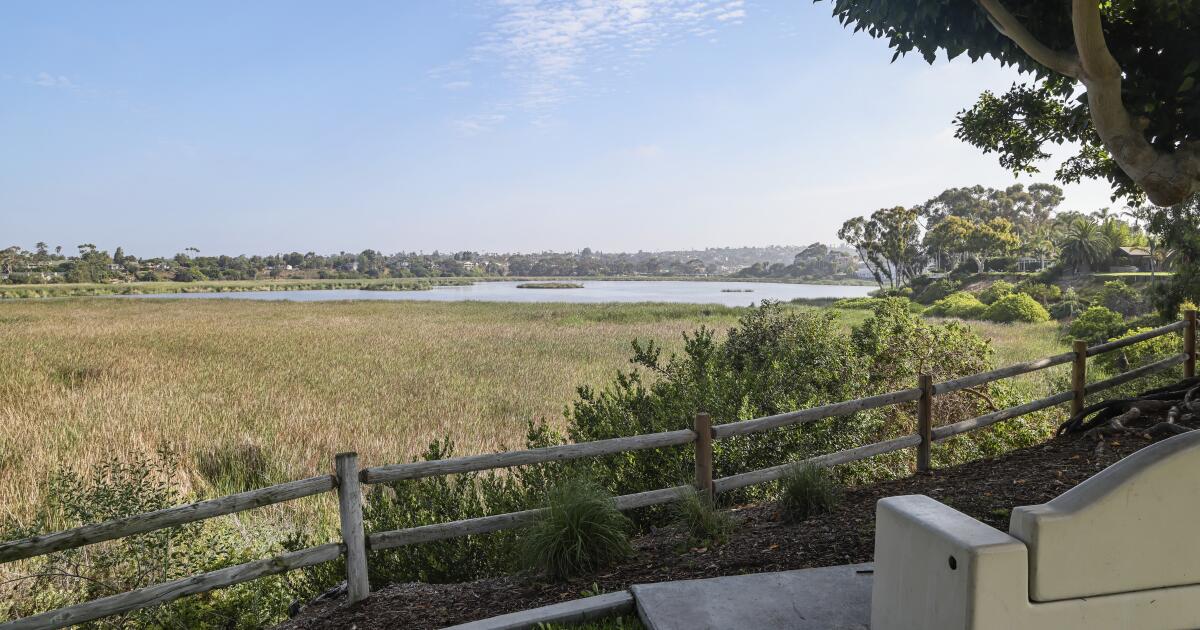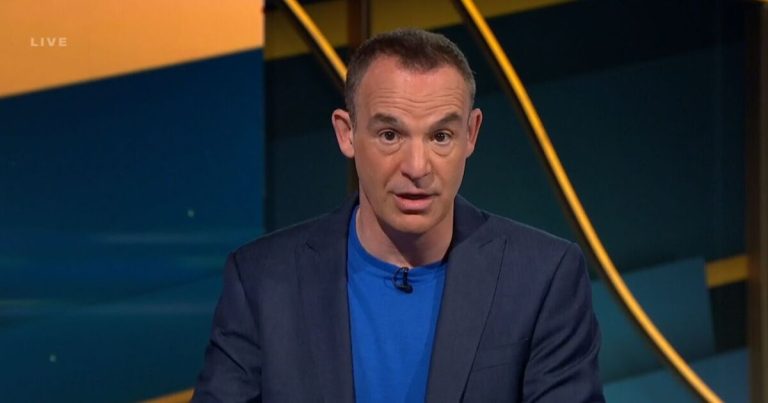

The San Diego Superior Court has ruled in favor of Carlsbad in a lawsuit filed by the local nonprofit North County Advocates that alleged the city failed to follow a growth management plan voters approved in 1986.
Judge Robert P. Dahlquist found that while the city may fail to meet the performance standards in the plan, recent appellate case law shows the city can modify those standards in some cases. Dahlquist also ordered North County Advocates to pay the city’s legal costs, and the city submitted a request Nov. 2 for $18,496.
“We are very proud of our growth management program and pleased the court found in our favor,” states a written response issued Thursday by the city’s communications department.
“The city’s approach to managing growth over the last 35 years has balanced high standards for new development with the reality that some amount of flexibility would be required,” it said. “We are excited about the planning process currently underway that will update our approach to managing growth, including the involvement of the entire community in helping to shape that future.”
At least 40 percent of the city’s 9,500 acres, including three coastal lagoons, must be set aside for parks and open space under the growth management plan. The lawsuit claimed the city violated the plan by setting aside too little space, building too few parks and allowing too much traffic congestion.
“The city doesn’t really dispute that it has failed, and is currently failing, to meet the 1986 performance standard for traffic,” the court decision states. “Instead, the city argues that the 1986 performance standard is not binding on the city because (1) the city council has amended the 1986 performance standard, and (2) the city council has also exempted certain street segments and intersections from meeting any standard.”
When it became clear the city could not meet the street standards, it changed the standards to make them more lenient. In some cases,it exempted streets or intersections that failed to meet performance standards.
“It appears that the law allows the city to do this,” the judge said. “The city cites several cases in support of its assertion that the city is permitted to change the 1986 performance standards whenever it sees fit.”
The city also is within its legal rights in its decisions on parks and open space, Dahlquist said.
In hindsight, the judge said, “the citizens should have enacted an initiative that … provided that the standards could not be changed except by another vote of the citizens.”
Dahlquist announced his decision Oct. 26 after presiding at a bench trail on April 24-27 and May 8 with evidence, testimony and exhibits.
“I am concerned about this decision,” said Pat Bleha, founder and president of North County Advocates, in a written response to the decision.
“Every Carlsbad resident who has asked repeatedly over the decades for more open space and parks near their homes for them, their children and grandchildren to better enjoy the natural splendor Carlsbad offers should be ready to help NCA continue the battle,” Bleha said.
Mike Sebahar, a co-founder of the local group People for Ponto, called the decision “a dark day” for the city. People for Ponto has worked unsuccessfully for years to get a city park built in southwest Carlsbad.
“The city won the legal battle, but lost the respect of citizens when their lack of integrity and blatant disregard for the will of its community members was exposed,” Sebahar said. “It’s a travesty and will prevent Carlsbad from being all it could have been.”
Volunteers formed North County Advocates in 2009 to successfully fight a “big box” store proposed for La Costa. Since then, the group has taken on a number of environmental and development issues in Carlsbad and Encinitas.
The group filed a lawsuit in 2015 challenging Carlsbad’s approval of Poinsettia 61, a 123-condominium development on Poinsettia Lane. The settlement of that lawsuit required the city to create a new neighborhood park on the site of the former Buena Vista Reservoir near Highland Drive in Olde Carlsbad.
Previous settlements between the city, the citizens group and its partners, including the nonprofit Preserve Calavera, have created new parks and set aside land for open space and natural habitat.
One example is the 61-acre Village H property along the eastern end of Carlsbad Village Drive that the city purchased in 2020 for habitat preservation, trails, and an off-leash dog park.







